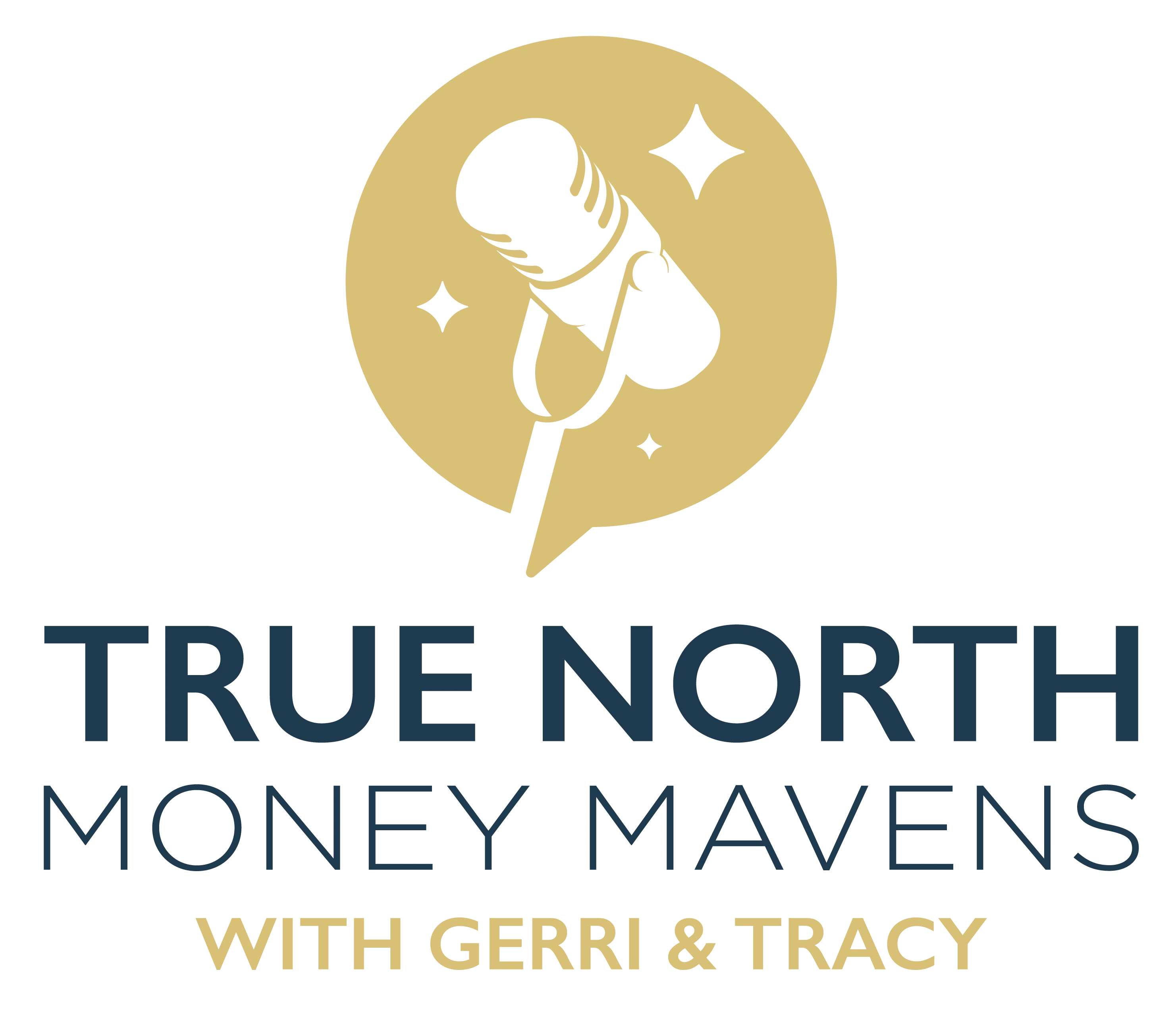By Daniel Trotta
(Reuters) – Britain leapt ahead of the United States in approving Pfizer’s COVID-19 vaccine on Wednesday, intensifying scrutiny on U.S. regulators as they consider whether to grant emergency use in the country that leads the world in coronavirus infections.
A day after top U.S. health officials announced plans to begin vaccinating Americans as early as mid-December, British regulators granted emergency use approval to the vaccine developed by Pfizer Inc along with Germany’s BioNTech SE.
Dr. Jose Romero, chairman of the Centers for Disease Control and Prevention Advisory Committee on Immunization Practices, said U.S. officials will be watching closely to see what they can learn from the British experience with a vaccine that requires extreme refrigeration.
“I’m personally interested to see how well they can deliver it and how their transport systems, the dry-ice trays that hold this vaccine, function in the real world,” Romero told CNN.
“Does it keep the vaccine cold? Are there any issues involved in getting the vaccine out from a central point into the public sector? We can learn from that and adjust our plans as necessary,” Romero said.
The vaccine still faces regulatory hurdles in the United States.
A Food and Drug Administration panel of outside advisers will meet on Dec. 10 to discuss whether to recommend emergency use authorization of the Pfizer vaccine. Moderna’s vaccine candidate is expected to be reviewed a week later, and others are under development.
While some U.S. health officials described a timeline that assumed FDA authorization would come within days of the Dec. 10 meeting, the head of the FDA’s Center for Biologics Evaluation and Research, Dr. Peter Marks, told patient advocacy groups last week that it might take “a few days to a few weeks.”
FDA Commissioner Stephen Hahn, likewise, has said the process could take longer, and the vaccine calls for two separate injections given three weeks apart.
“It does take two doses to get the full 95% efficacy, but there’s a possibility that some patients will derive protection after one dose, so the vaccine can start having an immediate impact,” Dr. Scott Gottlieb, former commissioner of the U.S. Food U.S. Food and Drug Administration under the Trump administration and a member of the Pfizer board of directors, told CNBC television.
With many Americans still refusing to follow basic public health guidance on wearing masks and avoiding crowds, a vaccine could be crucial to arresting a raging pandemic that killed 10,000 people and infected 1.1 million last week alone in the United States.
Another 2,624 new U.S. deaths were reported on Tuesday, raising the cumulative death toll above 270,000 since the pandemic began. More than 13 million have been infected.
A record 96,000 COVID-19 patients were reported in U.S. hospitals on Tuesday, according to a Reuters tally, at a time when exhausted healthcare professionals are short-staffed with many of their colleagues falling sick.
Dr. Tom Mihaljevic, president of the renowned Cleveland Clinic, told MSNBC television on Wednesday that his hospital had three and a half times as many coronavirus patients now as it did in April during the first wave of the outbreak.
“The hospitals are full,” Mihaljevic said. “Virus is currently everywhere.”
He also cautioned against further spread over the year-end holidays, after millions of Americans defied official warnings and traveled for Thanksgiving last week.
“This pandemic is spreading in families,” Mihaljevic said. “When people get together with people they know under their own roof, then that is when the guard comes down. This is when the masks are not being worn, when social distancing is not being put in place. And therefore we will have to reconsider how we celebrate this coming holiday season.”
(Reporting by Daniel Trotta; Additional reporting by Doina Chiacu; Editing by Nick Zieminski)




